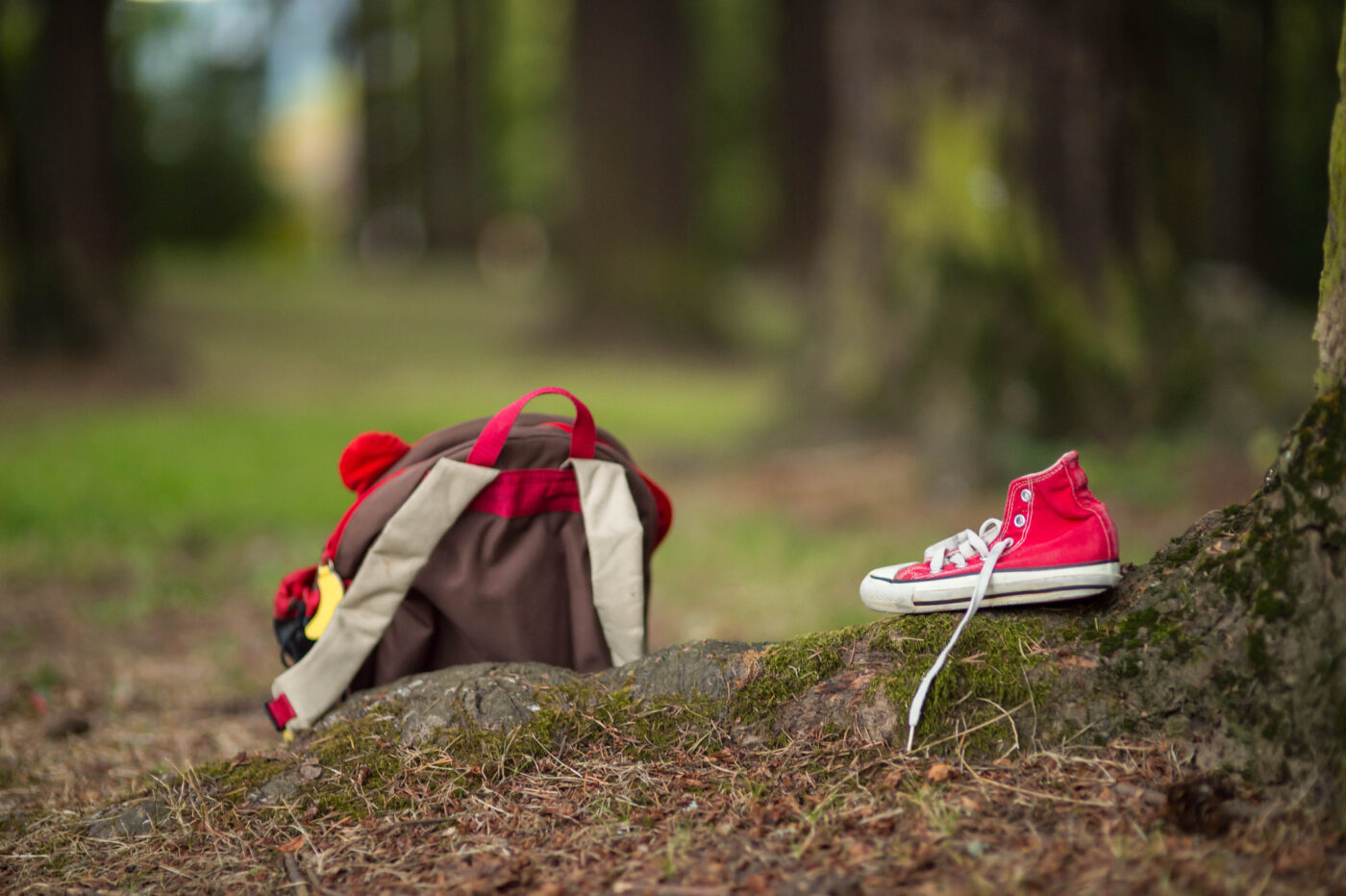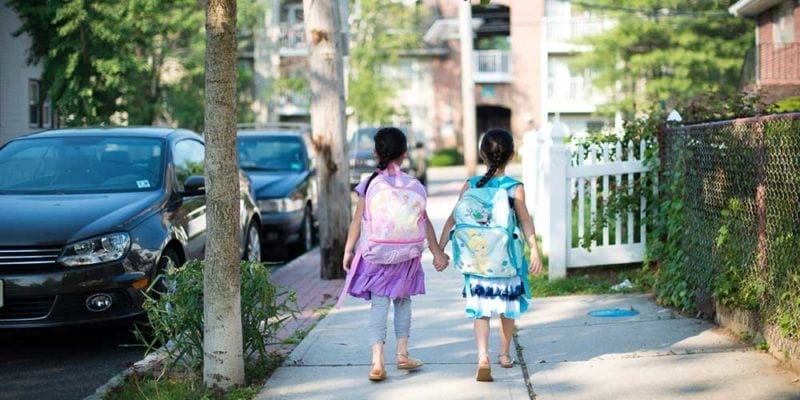Did you ever ride your bike to school? Decades ago, many kids did. It was a popular mode of transportation to the classroom and also offered kids a sense of adventure and freedom after their homework ended. Modern children don’t experience this same joy of childhood as often, partly because their parents, the ones who wore out tires pedaling all over their neighborhoods, are now too afraid to let their own kids out of their sight. It’s too risky to let those children go off on their own, they say. This idea is common because of the popular phrase and growing attitude called stranger danger.
Do your kids know what a stranger is? It’s a definition they should know. Anyone unfamiliar to you or your child can be strangers – even family. Not all strangers are bad but some are definitely no good. When it comes to strangers, it can be hard to tell which people have harmless intentions and which have harmful ones.
Child abductions are statistically rare, but not impossible. Predators use predictable tactics to lure kids into dangerous situations including trickery, deception, and confusion. It’s important to have ongoing conversations with your children about stranger danger since it looks different for younger children when compared to older ones.
If you don’t know how to start the dialogue, just start with questions. Find out what they like, who they hang out with, and if they’ve ever noticed something suspicious going on. Teach your kids to yell for help and find a trusted adult. Identifying people in authority is a good first step.
Stranger danger discussions will naturally give the impression that anyone your children meet is a potential threat. No matter how true you think this is, stranger danger is something to take seriously. Hopefully, your kids never have to deal with a sketchy stranger. But, are you sure they won’t? Check out this video from our Child Safety Series and get involved today.











Huddle up with your kids and ask, “How should you act around people you don’t know?”